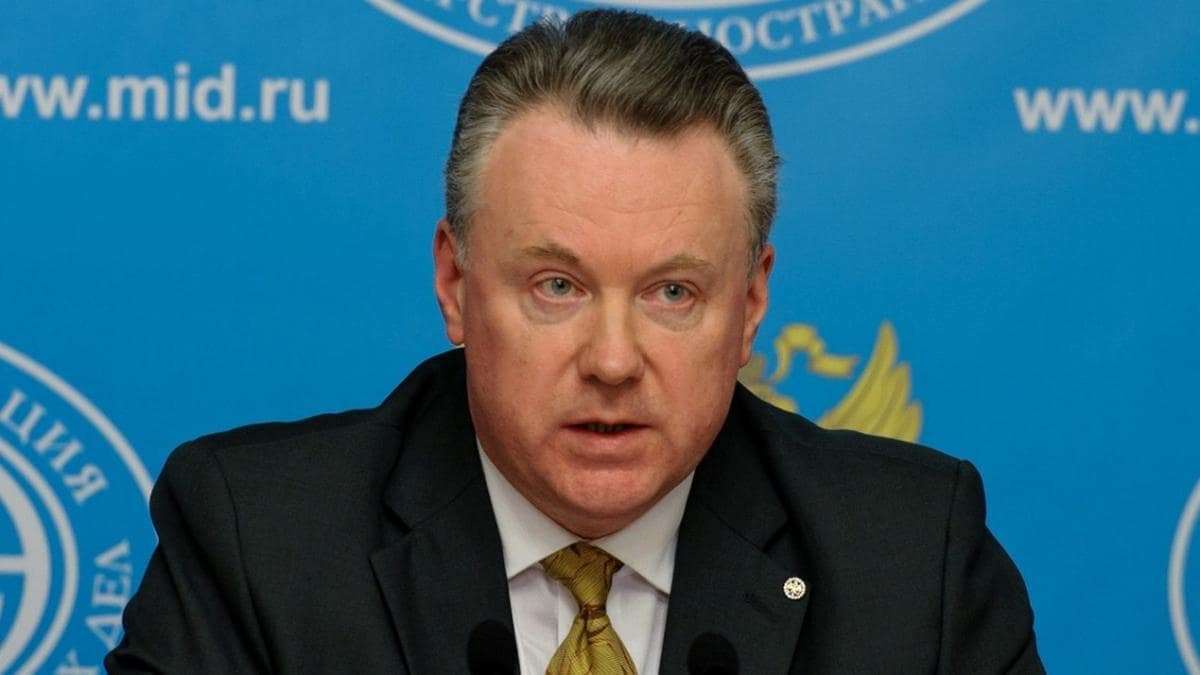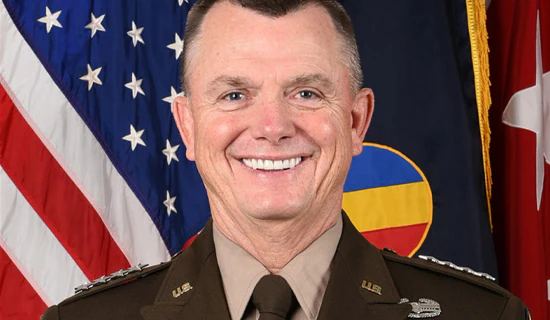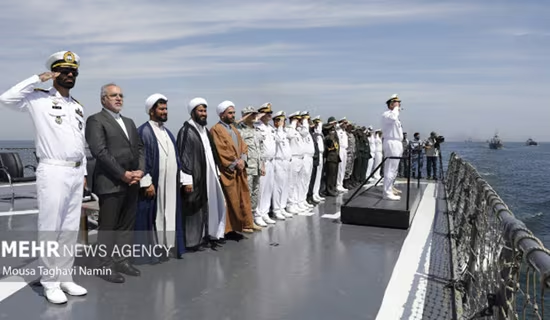Andrey Kortunov the director general of the Russian International Affairs Council is an outlier in the Russian commentariat. While most Russian commentators have written off Europe and want Russia to reorient its foreign policy towards the global majority in Asia and Africa.
Kortunov insists on maintaining relations with Europe, as Russia and Europe occupy the same geographical space. Therefore, Kortunov fights hard to maintain the few links that tie Russia to Europe. One such link is the Organization for Security and Cooperation in Europe (OSCE). Kortunov pushes back against those advocating Russia's withdrawal from the organization particularly in view on the Polish presidency's decision to ban Russian Foreign Minister Sergei Lavrov from attending the recent Lodz meeting of the organization. Russia's invasion of Kyiv was widely condemned at the meeting.[1]
Despite this snub, Kortunov reminds his readers that the organization had set up shop during an equally difficult time in US-Russia relations and had served as an effective forum for negotiations and the stabilizing of relations in Europe. It had tried to stabilize the situation in Ukraine, and if a settlement could be reached between Russia and Ukraine (most official commentators parrot the line that the only peace on the table for Ukraine is a Carthaginian peace), the organization could be expected to monitor the agreement.,
Kortunov's article follows below:[2]

OSCE secretariat in Vienna (Source: Dw.com)
Poland’s provocative refusal to grant access to the Russian foreign minister, for participating in the OSCE member states Ministerial Council meeting in Lodz, on December 1-2, sparked a rowdy diplomatic scandal around the institution.
As might be expected, it gave new impetus to a long-standing debate about the OSCE’s value to Russia. Although less than a month remains before the expiration of the Polish chairmanship of the OSCE, it’s difficult to imagine that with the new chairpersons (from Northern Macedonia in 2023, from Estonia - in 2024 and even one from Finland - in 2025) the general algorithm of Moscow’s cooperation with the institution will strongly change for the better.
It's unsurprising that in Russia the voices of those calling for an overall withdrawal from the OSCE (as was the case with Russia’s withdrawal from the Council of Europe in the spring of this year) are becoming louder and louder.
Arguments favoring withdrawal range from the ideological (allegedly "the OSCE promotes values alien to Russians") to the financial (from their perspective, the annual Russian contribution of 8 million euros could be utilized more productively).
Hopes are expressed that absent Russian membership, the OSCE will be incapable of functioning, thus, losing its legitimacy as a pan-European institution. Moscow, for its part, could then launch an alternative "Eurasian OSCE," for instance, on the basis of the SCO [Shanghai Cooperation Organization], or some other Russia-friendly multilateral platform.
A desire to quickly turn the page in Russian foreign policy is understandable and even justified to some extent. Still, it’s far from coincidental that the statement by the Russian Permanent Representative to the OSCE, Aleksander Lukashevich made during the final session of the Ministerial Council meeting sounded restrained and even carried a hint of cautious optimism.

Russia's representative to the OSCE Aleksander Lukashevich (Source: Smotrim.ru)
The Special Military Operation [hereinafter – the SVO] doesn’t alter the fact that Russia is the largest European country. The harsh Moscow - Brussels confrontation doesn’t mean that the European continent has ceased to be a common geographical space for Russia and its Western neighbors. In turn, the OSCE remains one of the very few threads that bind this space into a coherent entity.
Assuming that a full-fledged Russo-NATO dialogue, as well as a dialog between Russia and the EU, cannot be restored in the foreseeable future, it’s the OSCE that appears as the most promising, if still quite modest, continent-spanning platform for discussing security and development issues.
Incidentally, this has been the case before, despite the existence of many alternative platforms.
Precisely at the OSCE summit, which was held at the end of the last century, an adapted version of the CFE Treaty was signed. Precisely on the OSCE platform, in 2011 the Vienna Document on Confidence- and Security-Building Measures was negotiated and adapted. It was precisely within the OSCE framework that the so-called "structured dialogue on security issues" was launched back in 2016.
Let us add that the OSCE was the only international organization able to make a concrete contribution to de-escalation of the conflict in eastern Ukraine by deploying a Special Monitoring Mission to Donbass as early as March 2014. The institution maintained its presence in the conflict zone for eight years.
Despite the fact that the experience of the OSCE observers doesn’t look unambiguously successful and is sharply criticized both in Moscow and Kyiv, one must still admit the obvious: no other international institution has comparable "field presence" today. This means that one way or another, we will have to work back from this OSCE experience, when the issue of international monitoring for any future Russo-Ukrainian ceasefire agreement arises.
Naturally, one shouldn’t overestimate a potential OSCE role in Europe’s future. If a chance ever existed to transform the institution into the nucleus of a future system of European security and development, this chance has been irrevocably lost a quarter of a century ago. Neither the OSCE, nor any other international body will bring us back to the world that existed before February 24, 2022, let alone to the world of hopes and illusions [created by] the Paris Charter for a New Europe of 1990.
But the Final Act of the Conference on Security and Cooperation in Europe of 1975, which launched a process of multilateral pan-European cooperation, was signed in the context of a deeply divided Europe.
The main goal of the Helsinki process was not so much to immediately overcome the East-West divide, as to stabilize European politics under conditions when this split was maintained. Perhaps, in the current circumstances, this experience of the pan-European process, which occurred nearly half a century ago. is again becoming relevant.




